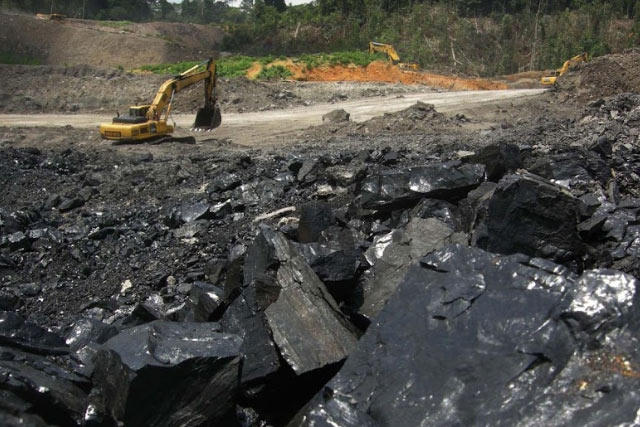Argus assessed NAR 5,800 kcal / kg coal at $0.86 / t higher per week at $55.29 / t CF South Korea. But supply-side fundamentals in Asia-Pacific remain weak and key fob prices lowered at the beginning of July. Argus rated NAR 5,800 kcal / kg Australian coal $0.64 / t lower at $43.01 / t Newcastle per week.
South Korea’s daily peak power demand has slipped below seasonal standards in recent days, but consumption is typically rising sharply in July in tandem with hotter weather. The country’s meteorological administration said there was a 40pc chance of above-average temperature this month and a 50pc chance in August and September.
A slight drop in nuclear availability this month compared to June could also compound the need for more fossil fuel generation. Approximately 18.4GW of nuclear capacity is expected to be available this month from 18.7GW in June, although this would still be up from the actual output of 15.7GW in July 2019.
Approximately 850MW of less state-owned coal capacity is currently expected to be available this month compared to July 2019, which, in conjunction with stronger nuclear output, is likely to reduce coal burns compared to last year. But solid fuel retains a cost advantage over natural gas for power generation, which means that coal-fired power plants are likely to rise first in times of peak demand or low renewable output.
Gas incumbent Kogas has set its July tariff for the power sector at $10.10 / mn Btu, which means a generation cost of $58.51 / MWh for a 60-pc-efficient gas-fired plant. The equivalent cost for a 38 pc-efficient coal-fired plant is around $36.22 / MWh according to the Argus analysis, based on a June-average estimate of $55.76 / t by South Korea.
However, oil-linked contractual LNG prices will weaken over the third and fourth quarters as a result of the fall in crude prices earlier in 2020. This will potentially make Kogas’ domestic tariffs for the power sector more competitive with coal as the year progresses, creating a downside risk for coal prices.



































